Sofia Tech Park
Program Design
Prepared by Salim Virani, Source Institute
For Sofia Tech Park and the European Commission

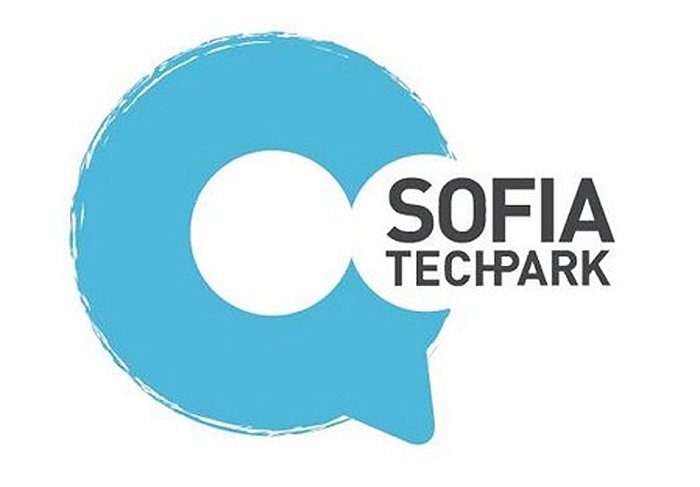
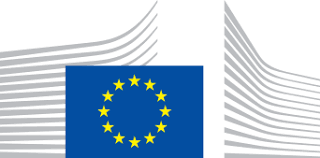
Work In Progress - may contain some errors and ommissions
This presentation will give you a thorough overview of our assessment of Bulgarian STEM capabilities, and our proposed intervention.
It takes roughly 20 minutes to read, but covers our 60-page report.
The most striking revelation of our research is the high-calibre of scientists. There are so many who have complete breakthroughs, and most try to commercialize.
A few are succeeding.
But all are isolated.
Meet Boris
He's developed a metagenomic system that allows people achieve health goals based on analysis of their intestinal microbes.
He's sent 3 winning teams to the biggest synthetic biology competition in the world.
He needs more bright students to stay in Bulgaria.

Meet Angel
He's developed malaria treatments for the WHO and technologies that make blood transfusion cheaper and more accessible.
He works in the BioPharm Lab, and is passionate about his new innovations for the cosmetics industry.
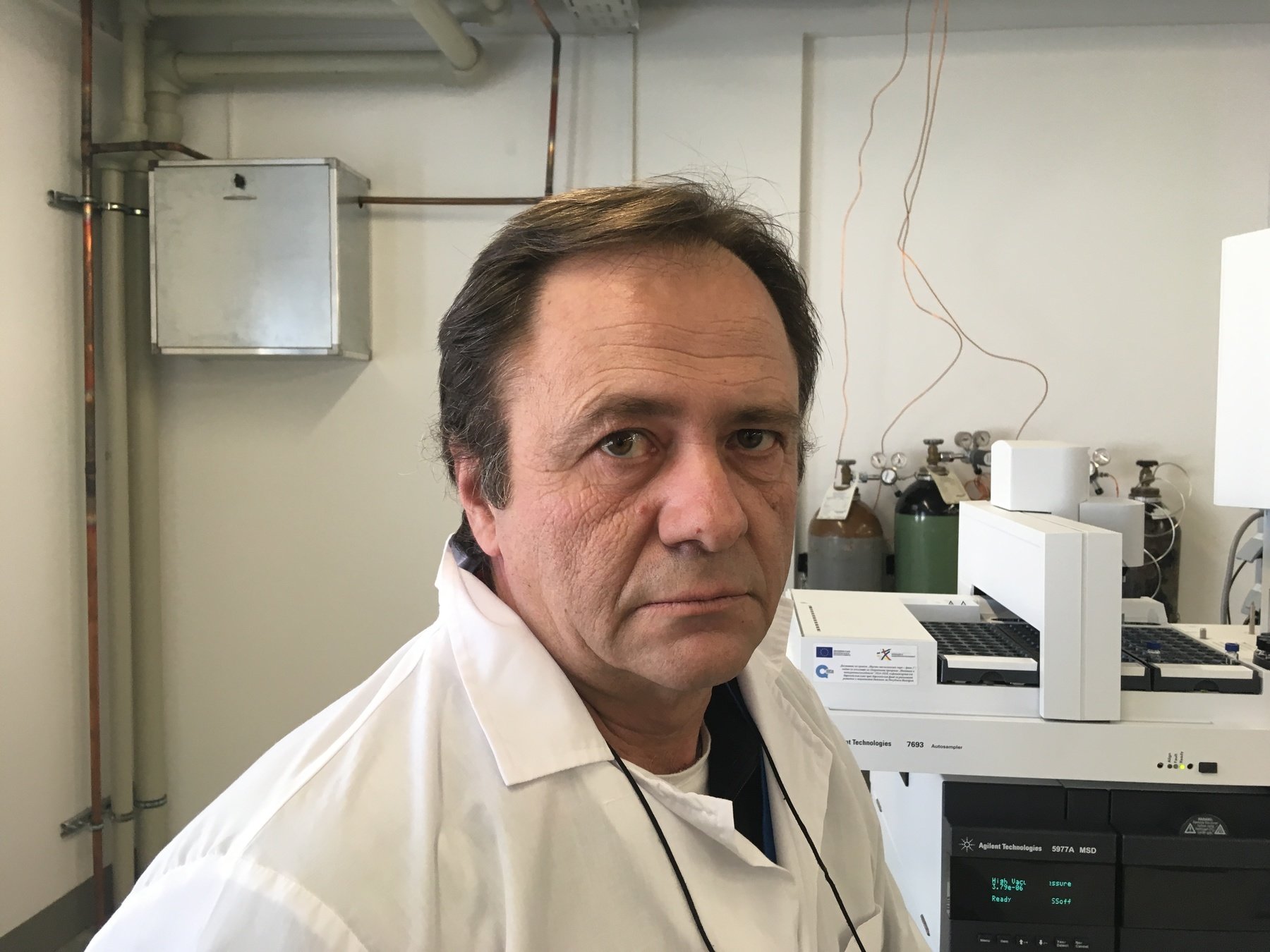
Meet Kiril
He's developed a probiotic for intestinal health that kills e.coli and salmonella. It's completed clinical trials and is selling internationally with revenues into the millions.

Meet Jivko
Former CFO of Tokuda Hospital, he engages in different healthtech companies, and has a Europe-wide distribution network for medical devices for hospitals.
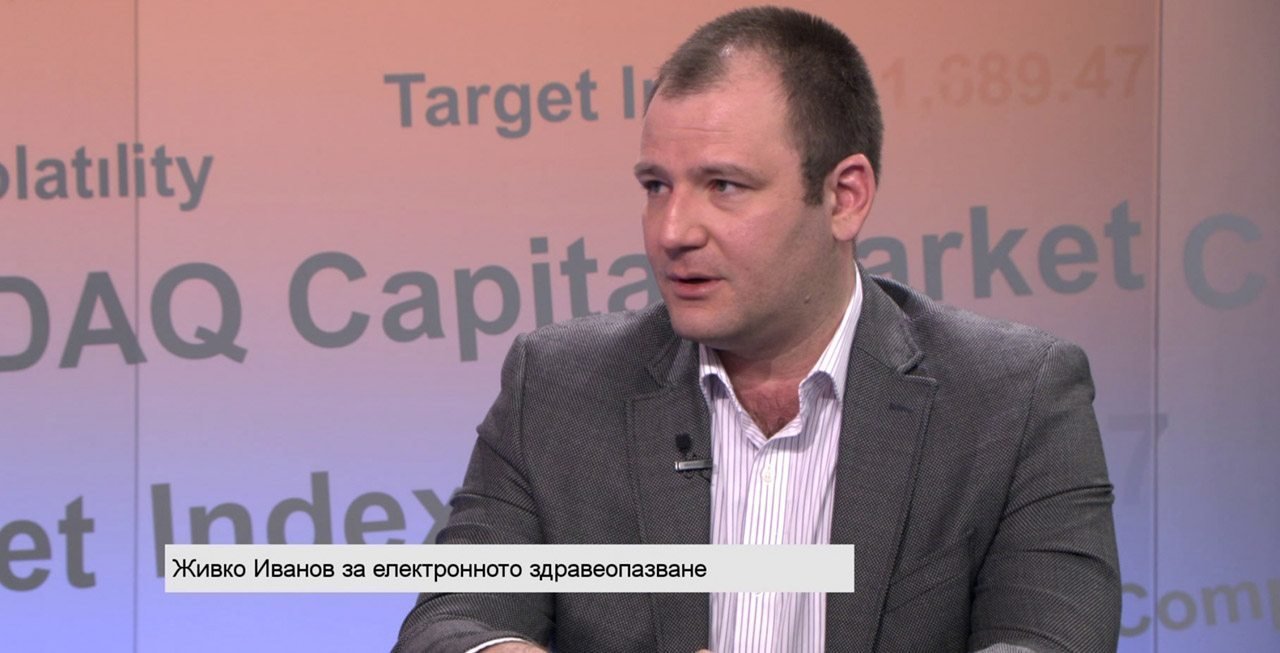
Why does Bulgaria rate poorly on scientific development?
Citations - there is a language barrier for Bulgarian scientists to publish.
Patents - there is a history of warranted distrust towards 'entrepreneurs' and the legal system, so scientists choose secrecy over patenting.
Metrics used in international comparisons are not representative of actual scientific development in Bulgaria.
Bulgarian scientific innovation exists - but it's locked in drawers.
Eastern Europe needs a viable approach to technology transfer
We don't know what that is yet.
- Exclusive licensing is the default in Western countries, but generally performs poorly, even there.
- New forms of patent pooling are emerging world-wide.
- Non-exclusive licenses create breakaway successes, and are more suitable to 'unmined' IP.
- Chinese marketplaces for obfuscation technologies are making trade secrets a more viable option.
- We have local successes, but they haven't been collected, or repeated systematically.
We have what we need to make a great start.
STP has 11 world-class labs
Bioinformatics
3D Rapid Prototyping
Industrial IoT
AI
Micro & Nanotechnologies
Cyber Security
High-Performance Computing
Drug Development
In Vitro
Biosynthesis and natural products
AR & VR
Each has unique, rare equipment, and staff who are at the forefront of their fields.
Among the facilities are a 3D metal printer that can make precision auto parts. There are 10 in the world. 3 are at Tesla.
There's a radio dark room for penetration testing electronic hardware. It's suitable for heads of state to conduct meetings and secure communication.

What are the different goals for STP?
European Commission Goals
- Establish appropriate long-term management (shifting away from government control, to more academic and industry representation)
- Release promised operational funding from the Ministry Of Economy.
- Activate STP to achieve scientific and industrial progress in Bulgaria
STP Management Board Goals
- Bridge short-term funding gaps
- Become profitable as an institution
- Start revenue generation from the labs
Lab Consortium Goals
- Acquire funding to get labs operational
- Create an environment that attracts scientists (both young people from univerisity, and experienced expats who would like to return to BG.)
- Have more time to seek research grants
These seem to be disconnected, except...
- Some of the labs have early-stage commercial services, and can be supported to become profitable.
- Our support program can treat them as clients, not just experts, and speed up their progress.
- They can lead the way for the other labs.
- There is an opportunity to start this support now at a small scale, and expand the support to include more labs and more scientists from Bulgaria and beyond.
Program Design Goals
- Accelerate early-stage commercialization of Bulgaria's science and engineering capabilities
- Develop Bulgaria as a world-leading community of practice in scientific commercialization
Success Metrics
- Commercial capacity in science
- Capital Value Generated
- Regional Economic Development
- Industry Engagement
- Inward Investment Generated
Success to be measured on direct commercial outcomes and long-term commercial capacity.
Real impact is measured in absolutes, and periodic performance rates deter complacency, so we have suggest both types of metrics for each of the 5 areas of interest of STP's various stakeholders.
* a more detailed and extensive list of metrics is available in the full report
Build on local strengths.
With an assessment of strong local talent that faces barriers to a global leadership position, our strategy is to activate world-class results on our own terms.
Global leadership based on local strengths
The best picks travel to the best programs, like Y Combinator.
Everyone else competes here.
Investable Startups
Input pipeline for all startup programs
Global leadership based on local strengths
Specialized programs emerge, to compete for the best within their category.
Investable Startups
Gaming Startups
What does "investable" mean?
- Definitions vary, but most are based on the definitions set by the world's top programs, who based them on their local strengths.
- Most are based on aiming for ~10% of the portfolio being a blockbuster success based on multiplying their valuation by 10 or more, and paying for the others.
- But we've learned that this model doesn't make sense everywhere, and it isn't the only formula for "investable"
Global leadership based on local strengths
But often the best-in-class are missed. They're global successes with local ingredients, but disregarded because they don't fit the former definition.
Investable Startups
Gaming Startups


Antivirus
IoT
?
We have 11 labs with world-class scientists and state-of-the-art equipment.
A wider view of success leads to defining success on our own terms.
A wider definition of success means
- More, higher quality applicants
- Opening 'blue oceans' with little competition
- Establishing a first-mover advantage using local strengths to attract global talent
Global leadership based on local strengths
If we look for local success here
Investable Startups
And also here...
Global leadership based on local strengths
We can define new pathways to here.
Investable Startups
Success Metrics are broader than funds
- Science exports
- Revenue growth
- Job growth
- International presence
- Etc.
Investable Startups
Reverse engineer from successes on local terms
What kind of program will get us there?
Modular
To adapt to emerging needs and opportunities. With such a diverse range of technologies, it's impractical to predict them.
Open
To develop a talent pipeline, and improve selection of companies.
Peer-driven
To provide access to relevant answers, and establish a leadership position in the international community.
Example Schedule
| Open | Performers | |
|---|---|---|
| Quarterly | One-week intensive Unconference Opportunity Assessments |
Speaker room access to conferences Private retreats with international experts |
| Monthly | Goal-setting workshop Pitching workshop |
Mentor quorum |
| Fortnightly | Peer to peer goal sharing PPP progress reports |
Speaker dinner Problem-solving "clinics" |
* This schedule is simplified for illustration. See the full report for a more detailed schedule.
Modular
Open
Peer-Driven
Typical schedule
Week 1 - Lean Startup
Week 2 - Customer Development
Week 3 - Team
Week 4 - UX Design
Week 5 - Sales
Week 6 - Growth
Week 7 - Fund-raising
But at the startup
Week 1 - big customer deal on the table, while we need to hire a freelancer, and some investors are talking...
Week 2 - deal is stalling, our server went down
Week 3 - signup rate dropping, but 2 new big deals signed...
Don't schedule topics.
Schedule help.
Modular Schedule
Weekly loop
Day 1 - submit bullet-points of key challenges & peer-advice groups
Day 3 - Dinner with experts who can address those challenges
Day 4 - problem-solving sessions with invited experts
Fits the startup
Week 1 - big customer deal on the table, while we need to hire a freelancer, and some investors are talking...
Week 2 - deal is stalling, our server went down
Week 3 - signup rate dropping, but 2 new big deals signed...
Responsiveness |rɪˈspɒnsɪvnəs|
noun [mass noun]
A program’s ability to systematically assess and provide knowledge as and when it is needed.
Cohort-based
- Lots of effort invested in finding applicants
- Start/stop of various activities requires effort building momentum
- Improves by cohort
Cyclical
- Ongoing acceptance gives us a timing advantage for head-hunting the best.
- Selection based on actual performance, not prediction
- Continuous improvement
Modular
Open
Peer-Driven
Real entrepreneurs don't need to be told what to do.
To transform people into entrepreneurs, we enable them to rely on their own agency.
Agency — |ˈeɪdʒ(ə)nsi|
noun
Flexibility given to the learners in deciding their goals and outcomes.
This starts with inspiring and empowering the learner to self-direct, and then builds on that self-direction by switching to a supporting rather than directing role.
The open tier
enables the person.
Mentors review progress over time, to appoint who goes to the next tier.
The performance tier
progresses the project.
Helps everyone see potential for themselves, not just people who already started.
When they're ready, they have the support they need.
Note:
This is a single, holistic program
The initial European Commission guidelines requested separate accelerator, incubator and education programs.
Instead, this tiered approach applies the strengths of each type of program where they're needed. This allows more organic responses to various needs, and distributes the program's resources towards those who progress the most. It also avoids duplication of overheads between programs, like marketing, selection, and recruiting.
Open Tier
Allows anyone to start with support, and earn deeper support if they show progress. They can increase commitment as they like, on their own terms.
| General Topics | Peer Support | Expert Support |
| Goal-setting* Presenting IP Protection Launch weekend |
Peer-advisory groups Open Spaces (conferences where the participants choose the topics.) |
Assessments with mentors* One-week intensive training camps Online course from local successes* |
* If they'd like to apply to the performance tier, founders submit regular progress reports for mentors to review.
Quality creation, not quality control.
Open access invests our precious time in enabling more people to reach our standards, rather than on ineffectively filtering a dwindling number from receiving support.
This is possible because the open tier only delivers support that has zero or a small-marginal cost of adding new learners. We can fill a hall for a lecture we're running anyway, we can make our online course free.
Selection doesn't need to be a guessing game.
The open tier allows:
- Better information for selection: demonstrated performance over time, not just a written application and short one-time pitch
- Emphasis on building a functional relationship with the program and key mentors, rather than on inflated projections and committee evaluation.
Selection
-
Startups submit progress reports (plans, problems, problems) every two weeks.
-
Review board forwards interesting cases to mentors, (and schedules relevant support for quarterly unconferences and meetups).
-
If mentors find the case interesting, they make contact.
-
Mentors work with the team over time, then if they feel they are suitable, they nominate them for the performance tier.
Online Course
Based on interviewing local and relevant entrepreneurs. People who have walked the same path, speaking their language.
- Local role models enable people to see the same potential in themselves.
- The paths we highlight are repeatable, since they rely on locally-available ingredients.
- Interviews happen in public events, allowing everyone to ask questions.
- Actionable, and available to all.

Showing the landscape
Building the course also serves as a research tool for devising a technology transfer strategy.
Ongoing public interviews attract other tech transfer success cases, so they become visible to us.
They also allow us to go deep, ask questions and analyse the situation.

Performance Tier
Allows the entrepreneur to draw on deeper, ongoing support from the mentors and the broader STP network, and access to facilities like office space and lab use.
| Mentoring | Peer Support | Expert Support |
| Mentors and teams mutually-select each other. Calls and progress reports every 2 weeks. Mentors also meet to seek help from each other. |
Peer-advisory groups Unconferences Problem-solving working groups: an afternoon where 2-3 founders will solve another's challenge. |
Speaker dinners VIP conference access to speakers Private retreats with selected international role models |
Goals are agreed, not dictated.
Entrepreneurs will set targets for themselves, not take orders. Our role is to help them see benchmarks and options, to light their path.
Bulgarian universities and corporate divisions are full of people who want to start their own projects.
The problem is nobody will help or show them the way. Existing support programs won't support them unless they've already started a project. There's a gap.
Pipeline
- Quality Creation, not Quality Control - Focus on inspiration, and helping people see viable careers paths with commericialization
- Target ambitious people, not just startups or high-TRL research. EntrepreneurFirst in the UK is successful example - they let all other accelerators scrape the bottom of the barrel for startups, and isntead empower people.
- The pipeline itself provides an environment that enables people, and keeps them engaged until they are ready to take the next step.
Pipeline
Awareness
Interest
Participation
Regional Tours
Uni & Science Park networks
Press
Partners (local funds & programs)
Open events (at co-working spaces, universities)
Online course
Lecture series
Opportunity assessments
Engagement in the Open Tier
Modular
Open
Peer-Driven
Clinics
A Clinic session emulates an apprenticeship. A challenger, who has their own real challenge to solve, and an expert, who has some relevant experience in that area, will work together in a fixed timebox.
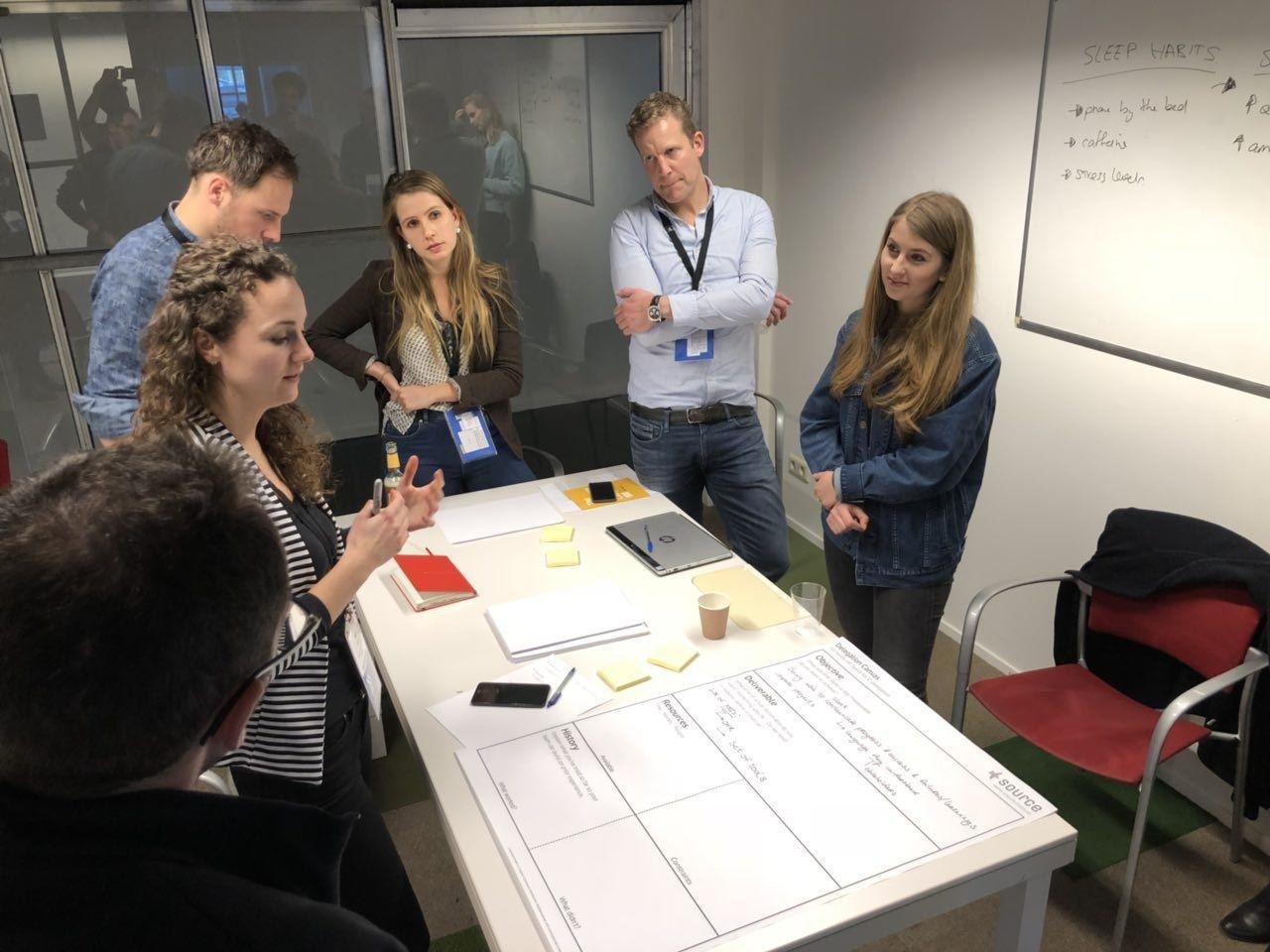
Open Spaces
Open Spaces are conferences where the participants define the session topics by co-creating a schedule.
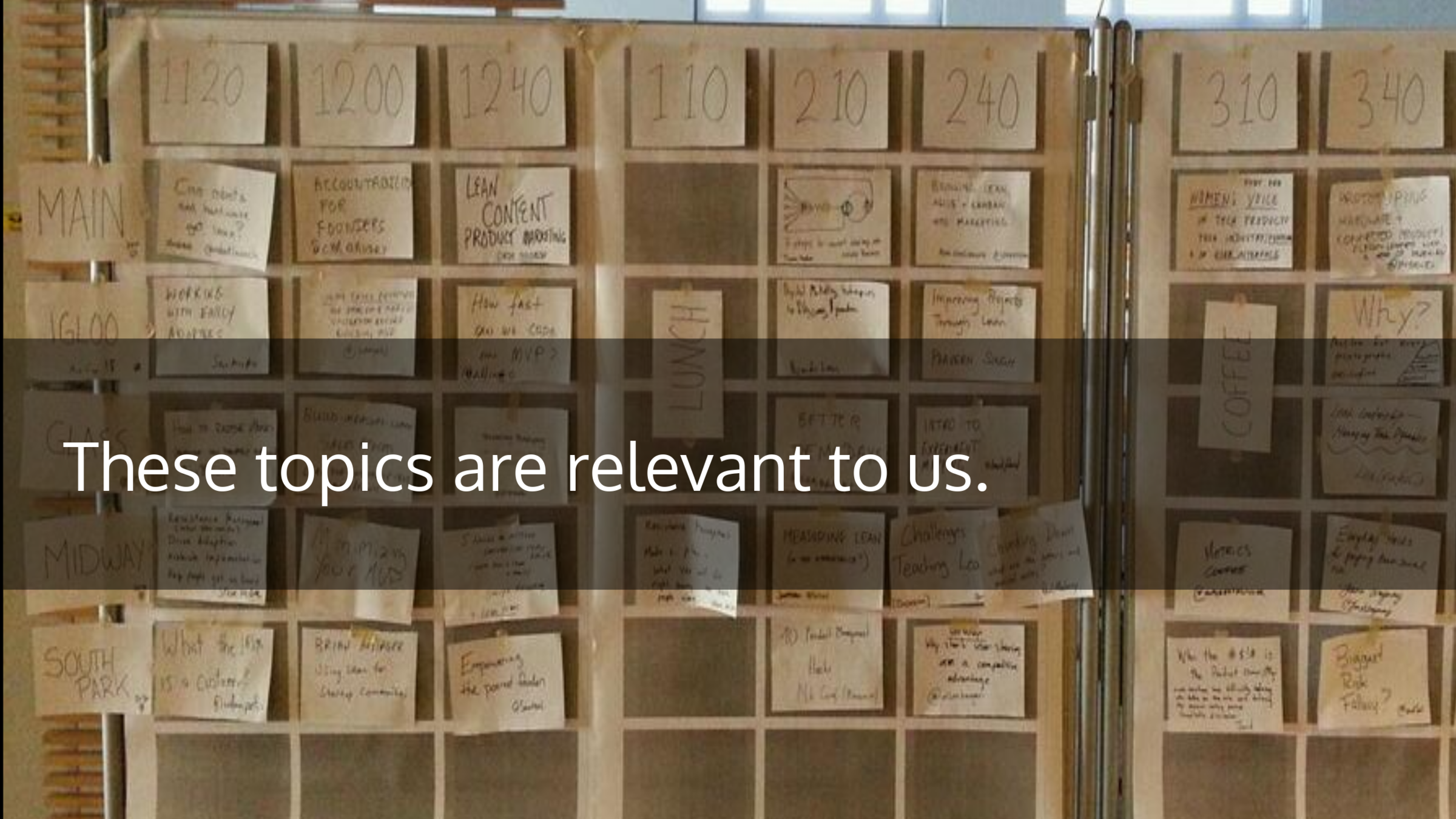
Consultants
Consultants tend to "photocopy" general methodologies. They're useful to build local knowledge in global practices.
Interdisciplinary
Interdisciplinary groups of explorers, makers and innovators don't have influential expertise, but quickly find practical solutions.
Hyper-connectivity |ˈhʌɪpə-kɒnɛkˈtɪvɪti|
noun [mass noun]
Being able to make meaningful connections that jump outside of the learner’s network, to the most relevant sources.
Selective
This starts with brokering select connections on the learner’s behalf.
Once we know their challenges, we reach out to our network, and plug people into one of the easy formats that are already scheduled.
Instant
It evolves into creating environments where they can make those connections instantly by themselves.
Larger gatherings such as Open Spaces build a community around organisations like STP. They become known for relevant discussions that progress the state-of-the-art.
Bulgaria can rise to global leadership in science commercialisation.
How?
- Design a support program that responds to the real challenges of scientists and engineers.
- Use this insight to lead the way in new approaches to technology transfer.
- Start attracting the best talent from places that have similar challenges: Asia, Africa
What can Source bring to the table?
We've created global methodologies
Leancamp was an Open Space event that ran in 40 cities and 4 continents.
It developed the Lean Startup methodology by attracting a dispersed group of founders and designers to help each other.
We can do the same for commercializing science.
We designed and launched both of the UK Royal Academy Of Engineering's international commercialization programs: the Leaders In Innovation Fellowship, and The Africa Prize for Engineering Innovation.
We have the experience to run large-scale pinnacle programs.
We've run global engineering programs
We've created programs for:
- UK's Royal Academy Of Engineering
- Oxford's MBA
- Unilever
- Shell Foundation
- UCL's MSc Technology Entrepreneurship
- University Of Wageningen
- Seedcamp
- Techstars
- AIESEC
- Escape The City
- Redgate Software
Source can:
- Start executing - We won't know what really works until we start. We're ready to start a pro-bono early stage support program that supports and augments the existing Bulgarian programs, and offers relevant support to scientists and engineers. It can grow into what we've suggested here.
- Build a global pipeline - Our pan-European and pan-African innovation networks can mobilize a global pipeline. We can position this as the go-to program for European market entry, and for Western IP protection.
Contact
Salim Virani
salim@source.institute
Sofia Tech Park - Support Program Design
By sourceinstitute
Sofia Tech Park - Support Program Design
An overview of our commercialization support program design for Sofia Tech Park.
- 441



